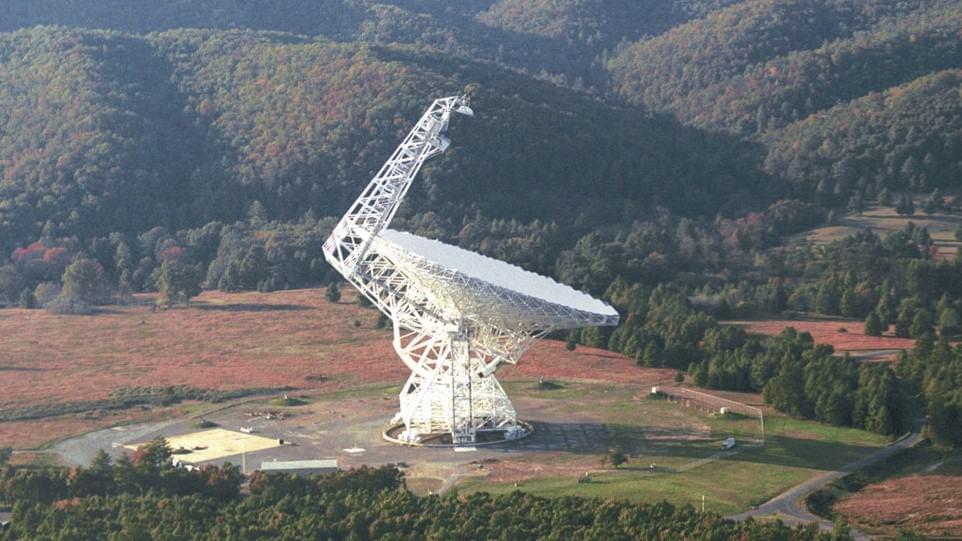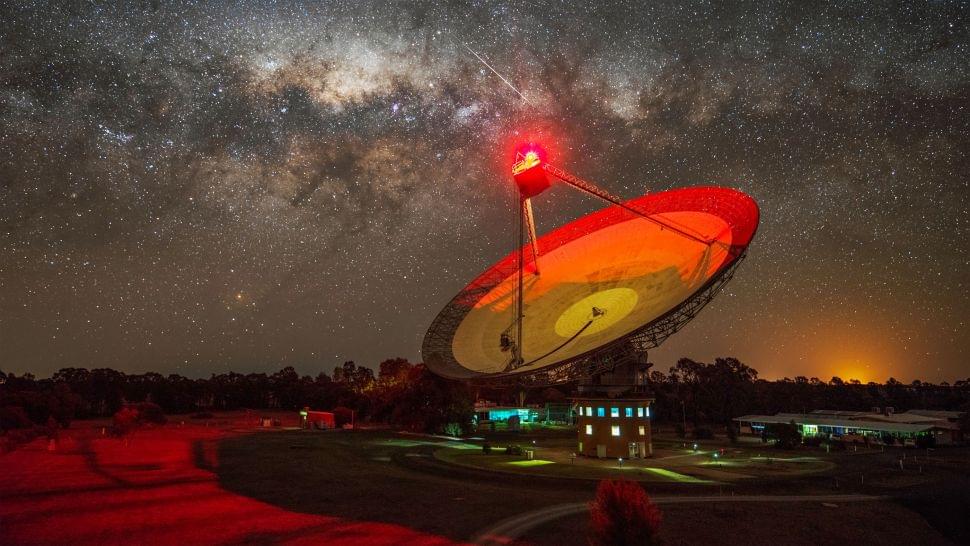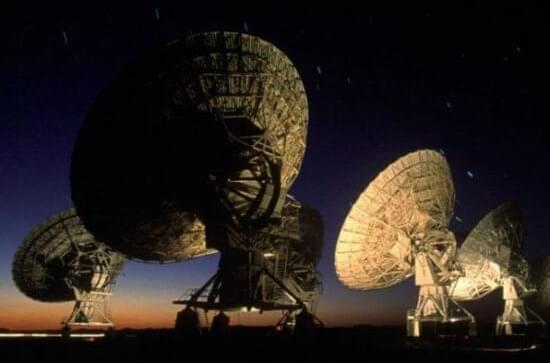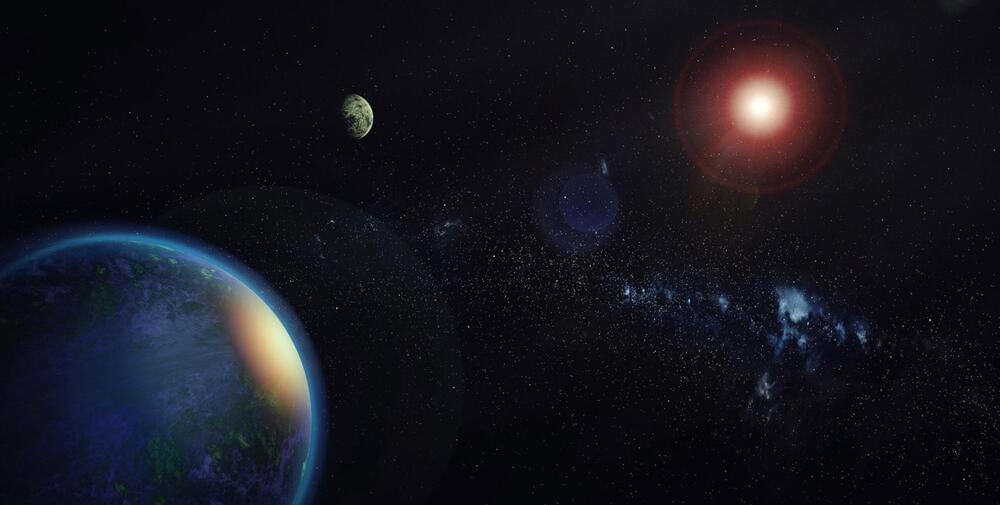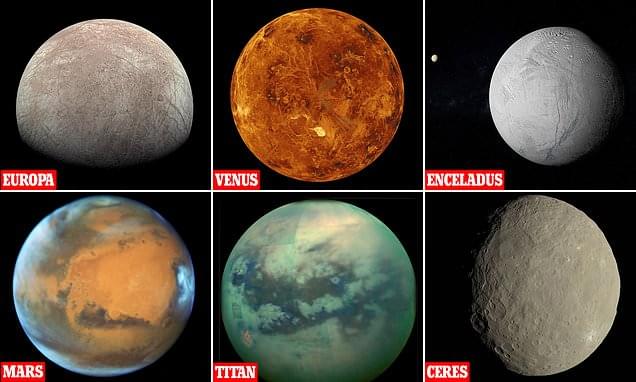In this episode of the Physics World Weekly podcast we meet three scientists who are trying to answer a question that humanity has long pondered: does intelligent life exist elsewhere in the universe?
Peter Ma and Leandro Rizk of the University of Toronto and Cherry Ng of the French National Centre for Scientific Research in Orleans are part of a team that has used machine learning to identify eight potential “technosignatures” in data from the Robert C Byrd Green Bank Telescope. The trio explain how they look for signs of intelligent life in radio-telescope data and how machine learning gives a helping hand.
Ng also talks about her research on how signals from pulsars could be used to detect gravitational waves.
